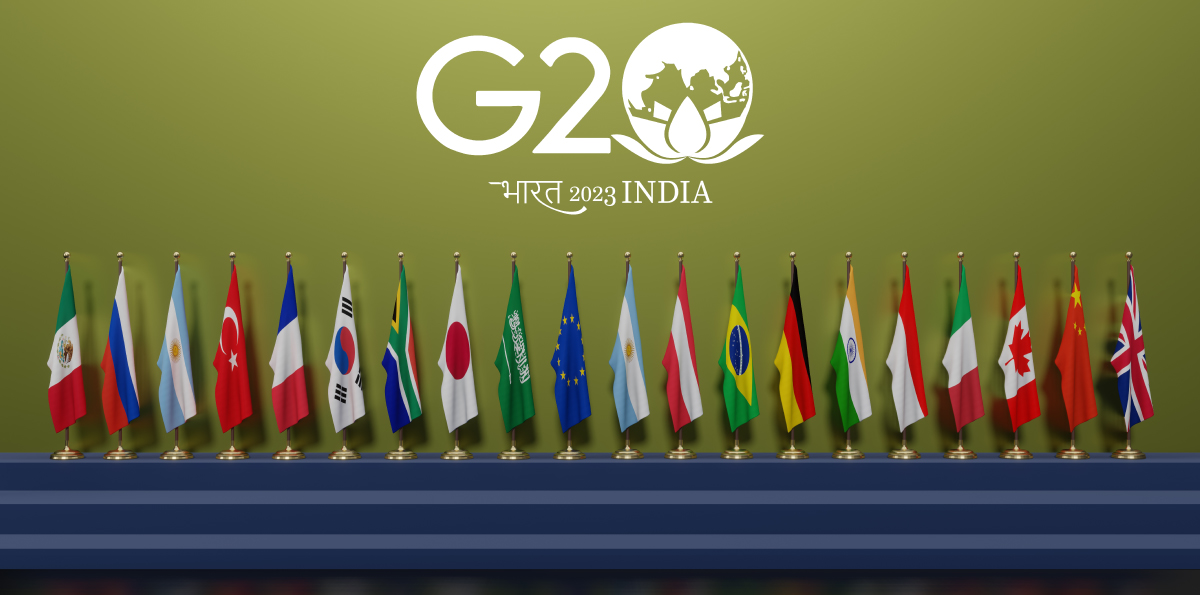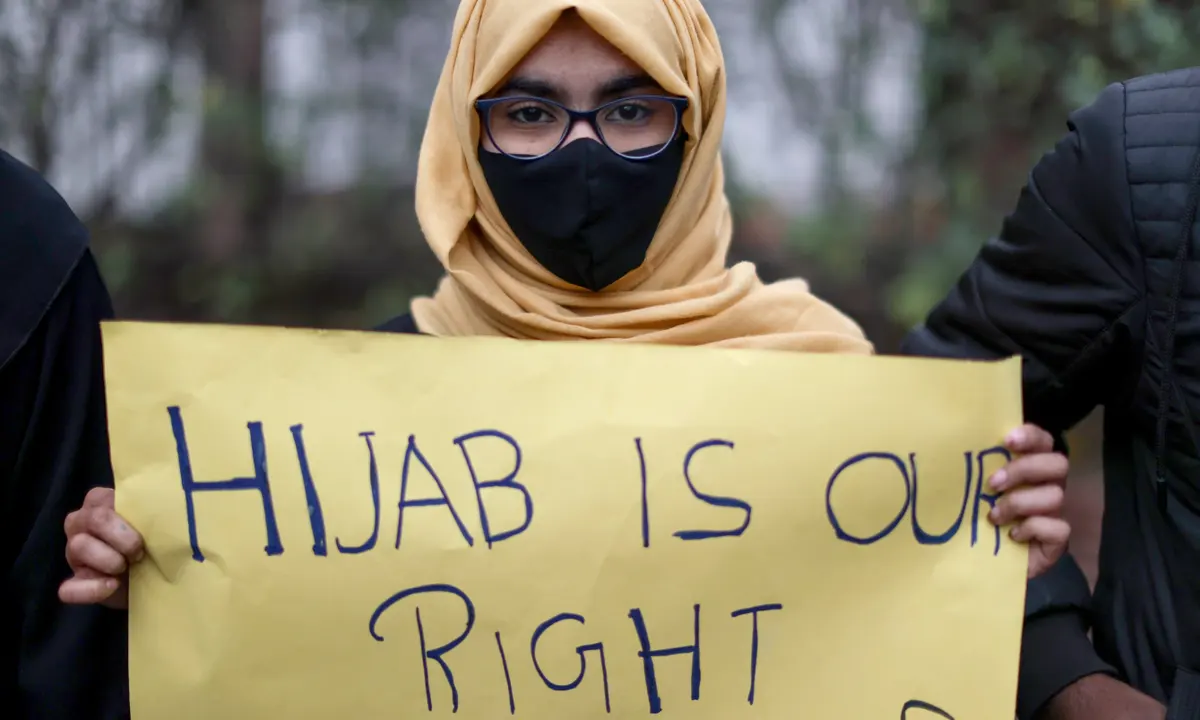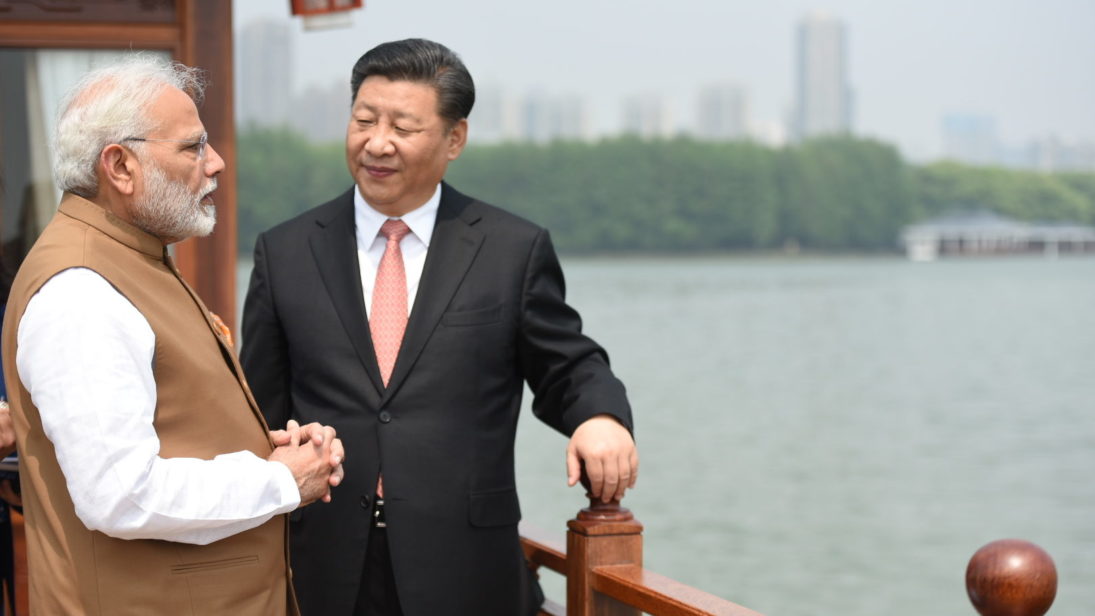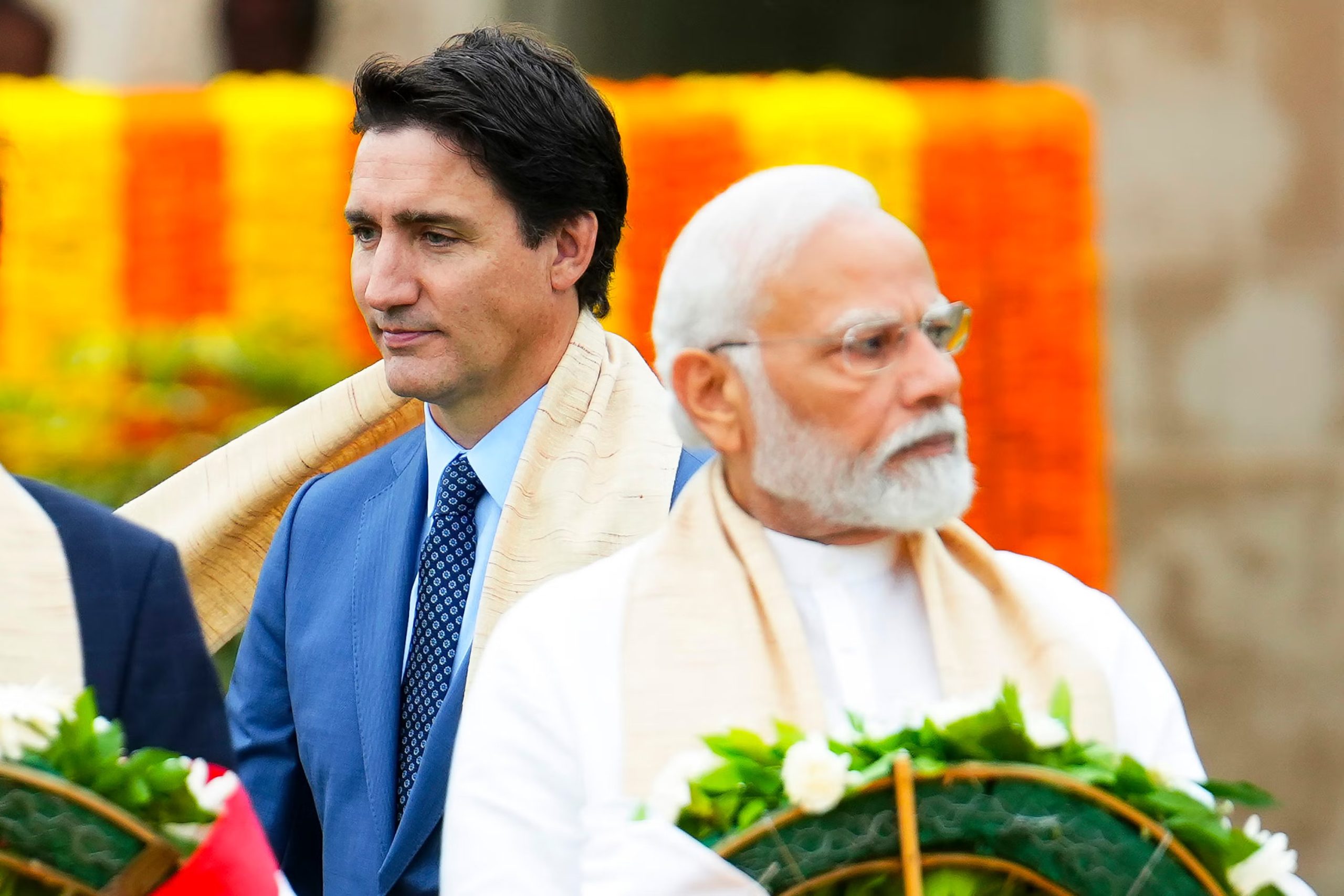Ironically, Xi Jinping and Vladimir Putin gained from the two leaders who were conspicuously absent from the G20 Summit under India’s presidency: the inclusion of the African Union and the consensus declaration. Given that both are being hailed as triumphs of India, it should draw attention to where India stands in the Sino-US rivalry that rules world affairs.
Only the most obstinate refuse to admit that we are living in a bipolar world, divided between those who are linked with the US and those who are aligned with China, more than a year after Russia’s invasion of Ukraine. Unfortunately, because the US-USSR Cold War is the only bipolar conflict that most people are familiar with, the new rivalry is not fully appreciated, particularly the role of post-colonial countries, the former “Third World,” now commonly referred to as “the Global South.”
The interlinkage is the main distinction. NATO and the nations of the Warsaw Pact divided the world into spheres of influence during the USSR-US rivalry. Since they supported opposing economic systems, there was seldom any economic interaction between the two opposing factions. The wealthiest American businesses in the current competition, like Apple or Tesla, either source their goods from China or are scrambling for a piece of its market.
What can the US and its allies, including Europe, Australia, Canada, Japan, and others, do as their perception of China as a “systemic rival” grows? Making or strengthening military alliances, such as NATO, the Quad, or AUKUS, has been the first phase. The second stage has been to refuse some global commodities to China and its allies, where the US and its allies hold a strong position. This has been triggered by the US-initiated prohibition on semiconductor imports, the US-imposed ban on state-aligned Chinese businesses like Huawei from providing 5G services, and the ban on Chinese companies from purchasing critical infrastructure in the US or other affiliated nations.
The second strategy is far riskier for China’s long-term objectives. China’s per capita GDP in 2022 was slightly under USD 13,000, or roughly the same as the world average, whereas the US per capita GDP was over USD 75,000 and the EU’s was just shy of USD 40,000. China must do everything in its power to close the gap if it is to become the big power it so desires. The promise made by the CCP to the Chinese people that only the Party can restore their greatness and Middle Kingdom status between the earth and the heavens is its centerpiece. However, China has few options for directly opposing these limitations. The sanctions imposed on nations like Russia, Iran, and Cuba, among others, show that the US and its allies have significant influence over the world economic system.
As a result, the competition shifts to the Global South’s non-aligned nations. This has a vague sense of familiarity. The US and the USSR supported opposing combatant parties in Latin America, Africa, the Middle East, and South and Southeast Asia, as the Cold War was mostly fought as a hot conflict in developing nations. But the similarities stop here as well. Despite Russia’s conflict with Ukraine and the potential for a Chinese invasion of Taiwan, the US and China are on opposing sides in a few active conflicts. And unlike the Cold War, where this oppositional space allowed relatively non-aligned nations to pursue policies that benefited their own people by playing one superpower off another, such as Egypt, the former Yugoslavia, and India—as well as China, which claims much of the glory of the first meeting of non-aligned parties, the Bandung conference, as its own—very few such opportunities exist today.
The inclusion of the African Union stands to benefit China and Russia more than anyone else, which is why the G20 agreement statement is so stunning. The consensus statement downplays Russian aggressiveness by using extremely polite wording. Russia can claim ownership of the consensus statement since it has long asserted that NATO is the organization waging war against Russian territorial integrity and sovereignty. It makes sense why the Ukrainian group was incensed and the Russian delegation was overjoyed with the outcome.
The African Union’s admission as a G20 partner coincided with Russia’s normalization, greatly expanding the number of nations that can now formally influence economic systems. Less than a month, after the BRICS expanded its membership to include Iran, Saudi Arabia, Egypt, Argentina, the UAE, and Ethiopia, the US and its allies’ capacity to exclude China and its partners from international processes, suffered a serious defeat.
India’s G20 presidency was a resounding victory for China in the game of keeping itself and its allies out of key sectors of the global economy. Of course, the question is why the US and its allies approved it. A part of the assumption is that India will be able to compete with China as the voice of the global south if it contributes to a successful G20 outcome, particularly with the inclusion of a crucial institution of the global south like the African Union.
However, as ex-US president Bill Clinton once said, “It’s the economy, stupid.” China’s objective for more open global commerce is substantially more enticing than one that restricts trade with China for the Global South, whose median per capita GDP is significantly lower than that of the US and its important allies. India, with a GDP per capita of less than USD 2,500, is unquestionably included in that.
India implemented an international strategy during the Cold War that was centered on decolonization, open trade between blocs (despite the fact that its economy was mostly under state control), and the use of international law and institutions. Due to this, it was able to some extent avoid the US-USSR conflict and establish itself as a major voice in the Global South.
It currently pursues a limited strategy of strategic self-interest in the service of economic growth that is essentially identical to China’s. To that extent, it has not directly condemned events in Xinjiang, Hong Kong, or Taiwan but has helped normalize Russian trade. India may take credit for the G20’s success, but Russia and China have won the major prize: a stronger position in the Global South.








